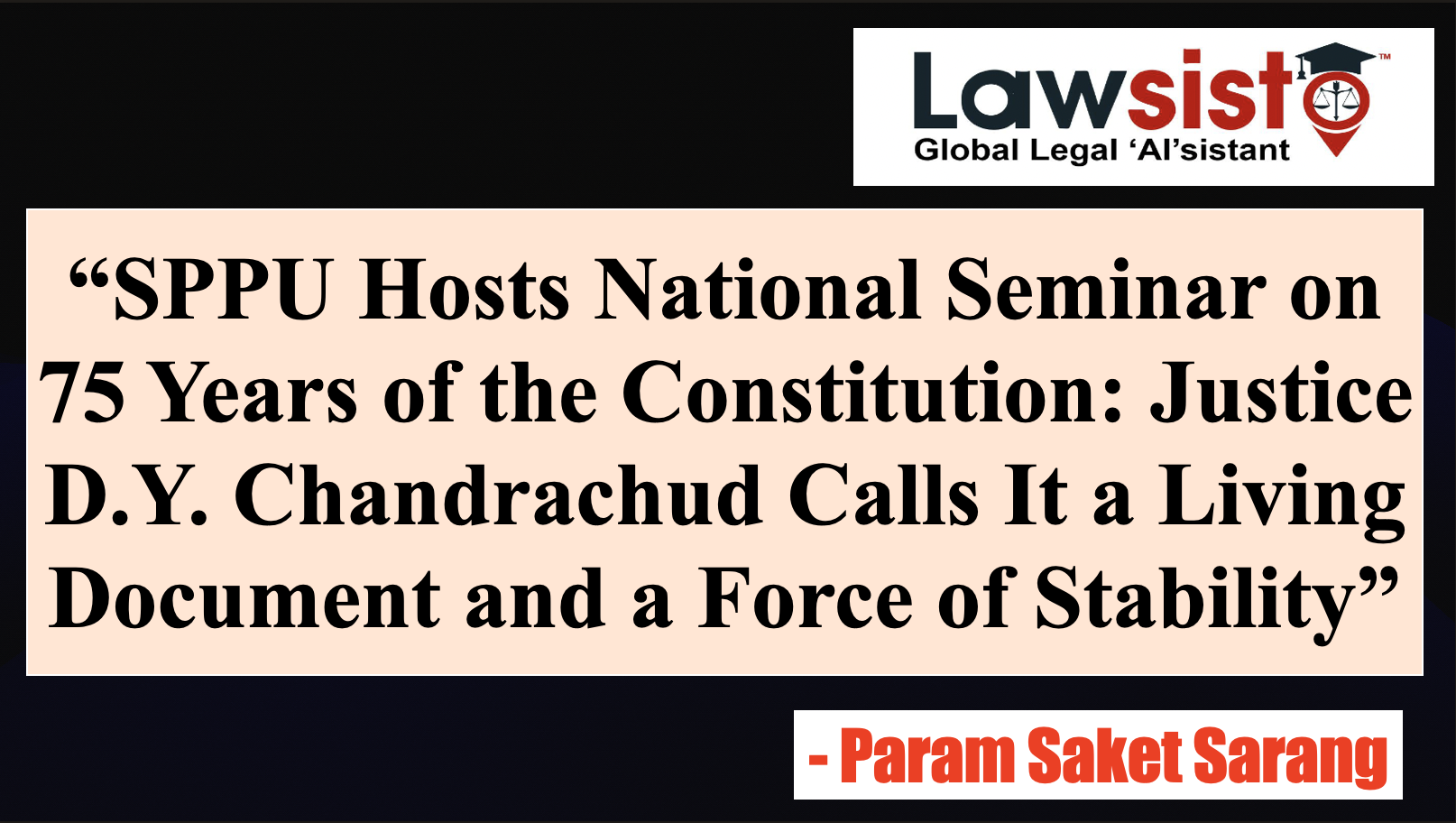Latest Articles
ABETMENT UNDER THE INDIAN PENAL CODE

ABETMENT UNDER THE INDIAN PENAL CODE
Chapter 5 of the Indian Penal Code, 1860 deals with offences referring to abetment. Abetment basically means the action of instigating, encouraging or promoting someone into committing an offence. It also can mean aiding the offender while he's committing against the law.
When quite one person contributes to committing an offence, each person’s involvement may vary. This variation could also be either within the manner or within the degree to which the involvement occurs.
For example, one person may procure a gun and hand it over to a different who may shoot somebody with it. the previous person is guilty of abetment, while the latter commits murder.
Section 107 of IPC deals with abetment. It requires someone to abet the commission of an offence. This abetment may occur in any of the three methods that the availability prescribes.
The Section says that abetment basically takes place when someone abets the doing of a thing by:
(1) instigating someone to try to to that thing; or
(2) engaging with another person (or persons) in an exceedingly conspiracy to try to to that thing; or
(3) intentionally aiding someone to try to to that thing.
When any of those requirements exists, the offence of abetment is complete. Sometimes someone may commit quite these three circumstances in a single offence.
(1) Abetment by Instigation
Instigation basically means suggesting, encouraging or inciting someone to try to to or abstain from doing something. Instigation may happen either directly or indirectly, by written or oral words, or maybe by gestures and hints.
The instigation must be sufficient to actively encourage someone to commit an offence. It mustn't be mere advice or a straightforward suggestion. The Instigator needn't even possess planning (a guilty intention to commit the crime).
For example, a court directs Amit, a peace officer, to arrest Raj under an bench warrant. Brijesh informs Amit that Chandan is Raj despite knowing that he's not. Under this misrepresentation, Amit finally ends up arresting Chandan rather than Raj. during this case, Brijesh is guilty of abetting Amit in wrongfully apprehending Chandan.
(2) Abetment by Conspiracy
Conspiracy basically means an agreement between two or more persons to commit an unlawful act. Merely aiming to commit an offence isn't sufficient for this purpose.
For example, in dowry death cases, the in-laws of the victim are often guilty of abetment by conspiracy. they'll do so by constantly taunting, torturing or instigating the victim. Even suicides may happen during this manner through abetment by conspiracy.
(3) Abetment by Aiding
The third manner during which abetment may happen is by intentionally aiding the offender in committing that offence. The intention to help the offender is incredibly important.
For example, merely giving food or clothing to an alleged offender might not be punishable. But giving him food, clothing and shelter to assist him hide from the police or commit against the law is punishable.
Abetment of certain offences is punishable under specific Sections of IPC or under other laws. For instance, abetment of suicide is punishable under Section 306. However, when no specific provision exists, the abettor are going to be punished with the punishment prescribed for that individual offence he has abetted.
















































































































































































































































































































































































































































